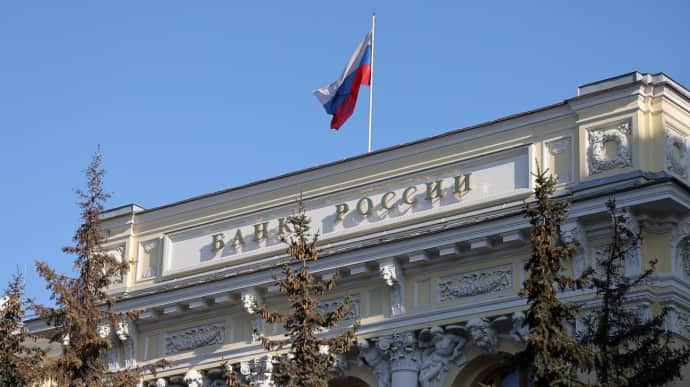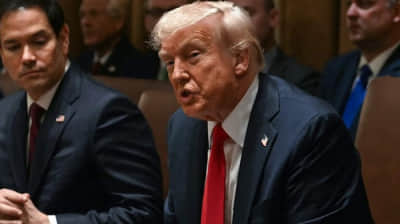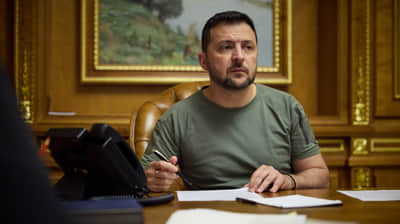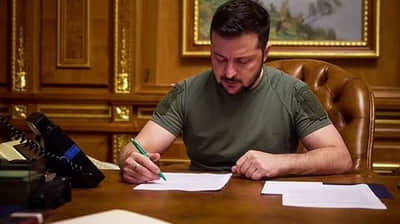International lawyers approve confiscation of frozen Russian Central Bank assets in favour of Ukraine

A group of expert lawyers has stated that the confiscation of frozen assets belonging to the Russian Central Bank does not contradict international law due to the scale of Russia’s invasion of Ukraine.
Source: Bloomberg
Quote: "The European Union, the Group of Seven nations and Australia have frozen about €260 billion ($280 billion) in the form of securities and cash, with more than two-thirds of that immobilised in the EU.
They all agree that those funds should remain off-limits from Russia unless it agrees to help with Ukraine’s reconstruction, but so far they’re at odds over the legality of seizing the assets outright."
The letter sent out to the G7 capitals and received by the Bloomberg agency was signed by 10 international law experts and practitioners from Belgium, France, Germany, Japan, the Netherlands, the UK and the US who seek to make the legal case for seizing the assets in question.
"We have concluded that it would be lawful, under international law, for States which have frozen Russian State assets to take additional countermeasures against Russia, given its ongoing breach of the most fundamental rules of international law, in the form of transfers of Russian State assets as compensation for the damage that has resulted directly from Russia’s unlawful conduct," the experts wrote.
Among the signees are Harold Hongju Koh, a Yale Law School professor and former dean who was also a US State Department legal adviser under the Obama administration, as well as Philip Zelikow from the Hoover Institution, a lawyer and former career diplomat who worked in government across presidencies, including as a strategic consultant for the Biden administration.
Seven out of the rest of the signees are scientists and practitioners of international law from Europe, and one is from Japan.
"The letter comes as G-7 nations are debating what to do with the assets in question as Ukraine’s financing needs remain persistently high, with the war showing no signs of abating. The EU is slowly making progress on plans to at least apply a windfall tax to the profits generated by the immobilized funds. Last year the funds enabled profits of €4.4 billion," Bloomberg adds.
The UK and the US are pushing their G7 allies to complete confiscation of the Russian Central Bank’s assets, and Canada is open to this discussion, according to officials familiar with the course of the discussion.
The European G7 members, mainly France and Germany, are currently acting against this step due to legal problems and concerns that it may harm the stability of the euro and create a dangerous precedent.
Background:
President Joe Biden's administration supported a bill that would allow it to seize some of the US$300 billion in frozen Russian assets to provide it to Ukraine.
Russia is preparing a lawsuit to disrupt any attempts by the US or the EU to confiscate part of the Central Bank's US$300 billion in frozen assets in favour of Ukraine.
Support UP or become our patron!





